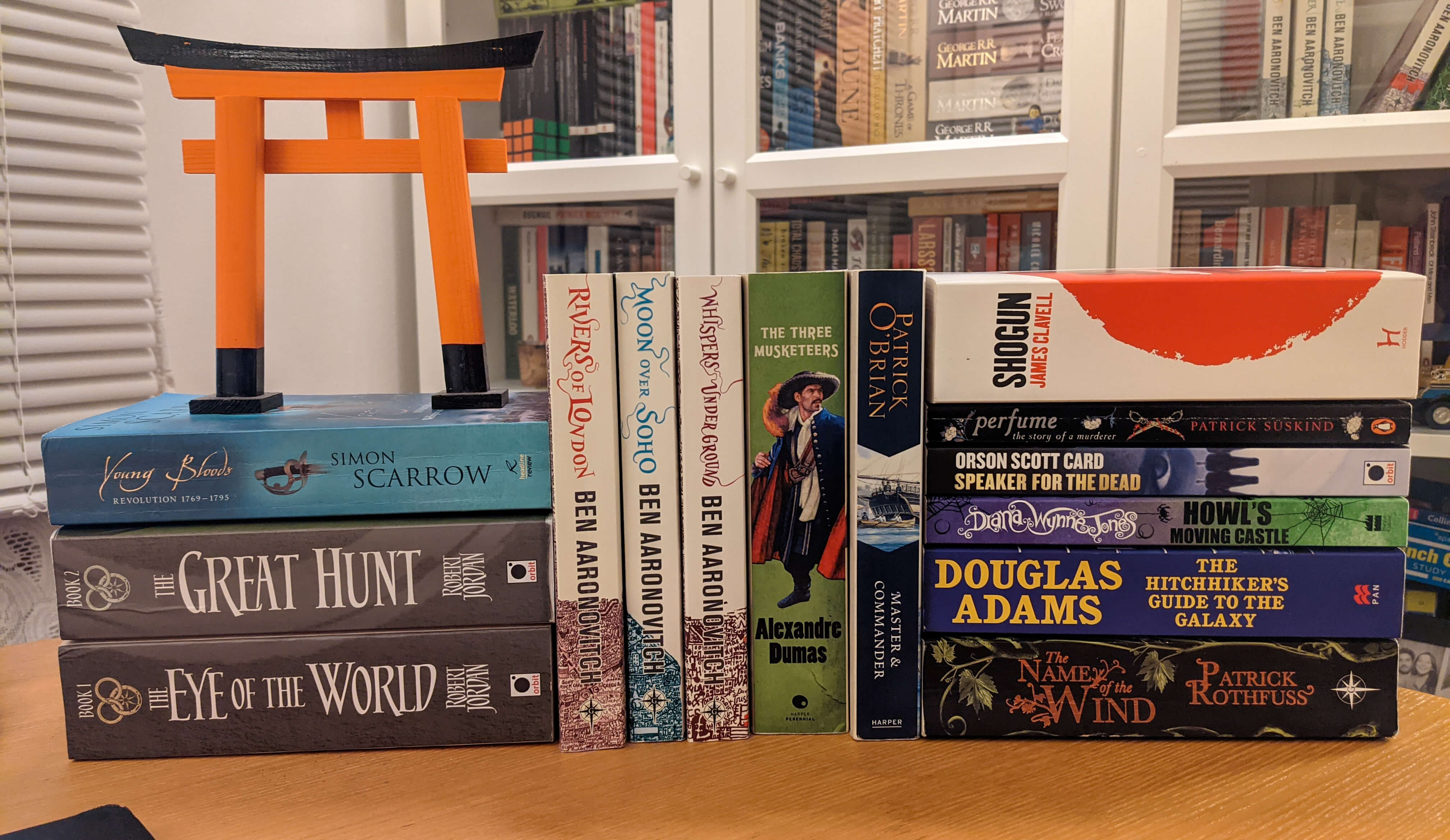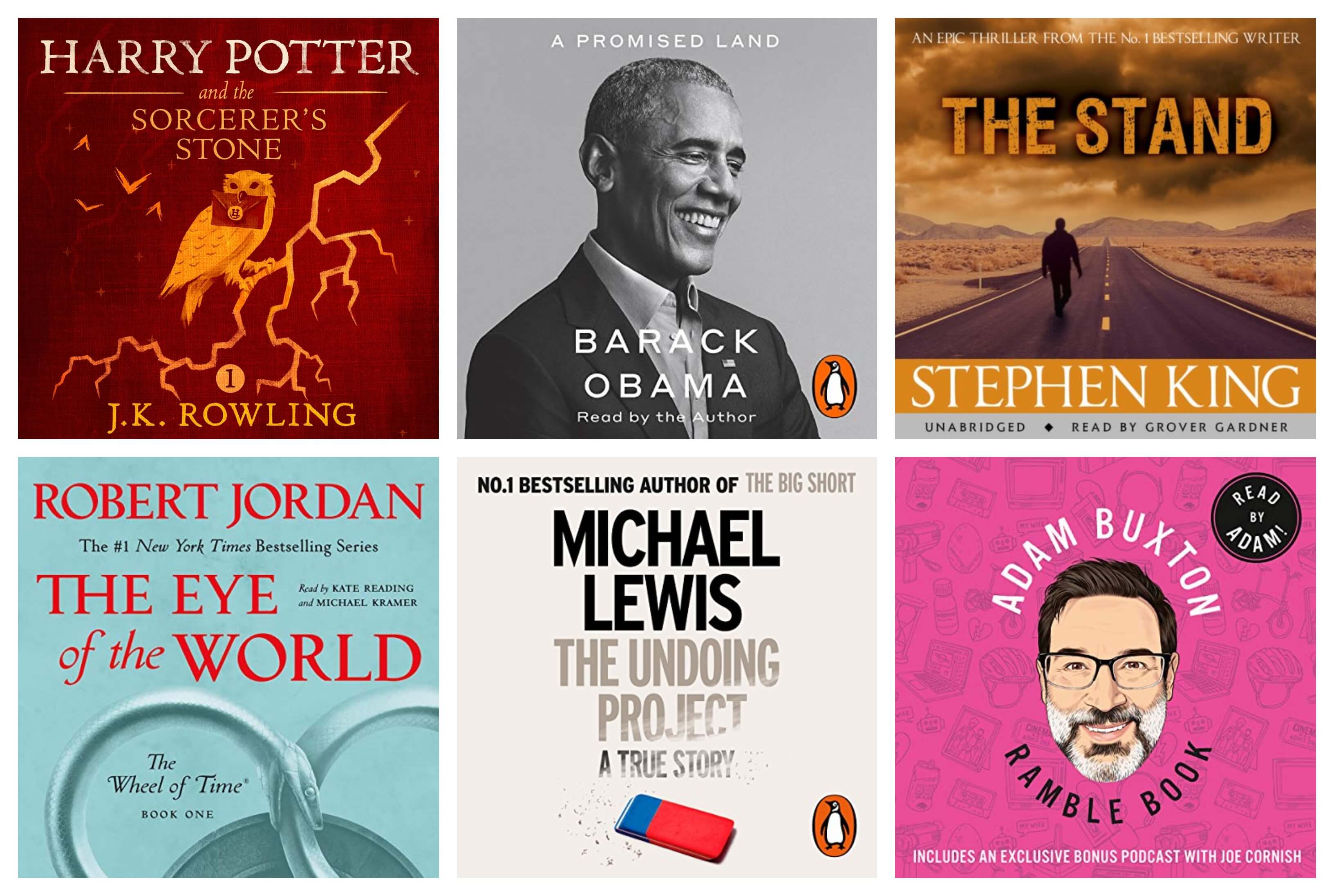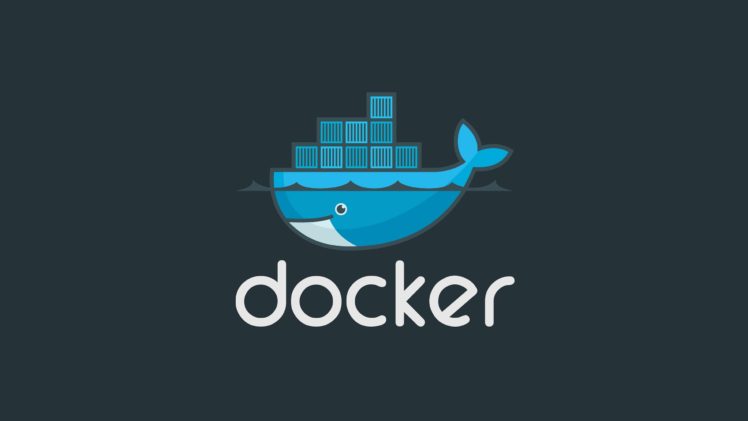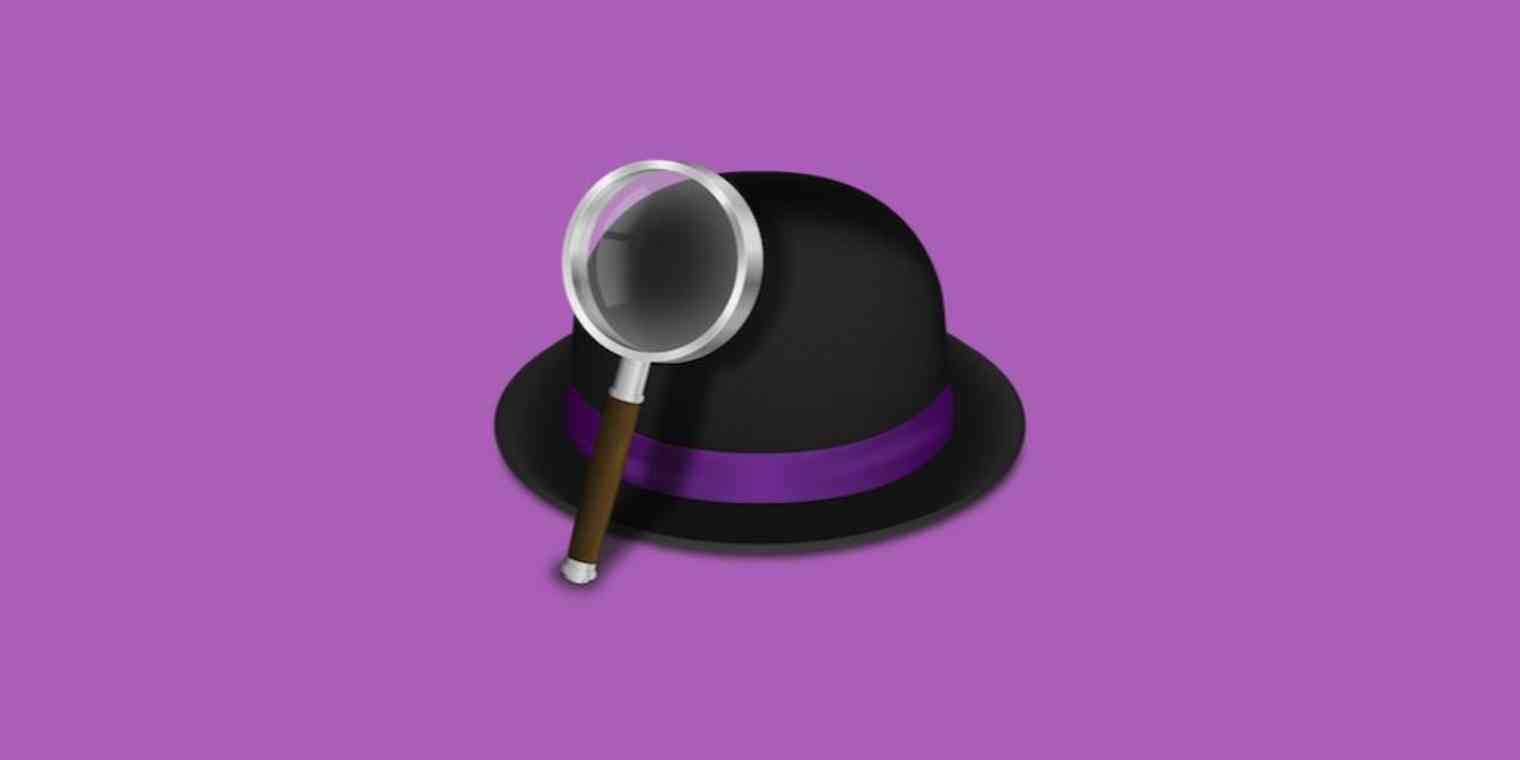I love talking about reading. I’m not talking about reading specific books but the actual hobby of reading. I love to discuss people’s reading routines, to talk about how good it feels to pick up a new book, to see your library grow. I love talking about that late night Rubicon point where you decide you’re going all in to finish a book even if it means going to bed hours later than planned.
The title for this post is a bit of click-bait but I do have six tips that I feel will help anyone to read more books whether you’re already an avid reader or someone who hasn’t picked up a book in years.

Me and reading
As a child I always enjoyed reading. I would pick up a few books here and there at the library and buy a couple on World Book Day. But when I was around 8 or 9 things really kicked off when I jumped on the Harry Potter bandwagon only a couple of years late.
I’d thought I was too cool to read the books everyone was talking about. But when my teacher read the Philosopher’s Stone to my class one term, I very quickly became Pottermad. This started a near-constant cycle of re-reading the Harry Potter series that still continues in some form til today. I still listen to the Harry Potter audiobooks on repeat going through the whole series. Listening to the audiobooks helps me switch off. I rarely actually read, rather than listen, other than when I’m starting out with a new language and feel bold enough to try and read a full-length book.
Stephen Fry’s reading of the Harry Potter series has saved me so many times while travelling: at hostels or on night buses/trains/planes. I don’t record it on Goodreads but I’m essentially always reading one of the Harry Potter books. It probably wasn’t until I was at university that I really started branching out and realised there were other books out there that were also incredible.
Nowadays I read all sorts and easily read one or two books a week. In 2020 I read 100 books, a new record for me. Here are my tips to read more.
1. Read books that you love and enjoy - don’t just read hard books
I think this stops a lot of people from reading. Rather than read books to enjoy reading, we can be obsessed with having to get something more from it. We don’t want to read a book that people aren’t talking about or calling a classic. We have to get bragging rights or some intense knowledge from it. I am guilty of this myself by sticking to books that frequently pop up in the “100 books to read before you die” lists.
Some people wonder if there’s any benefit to reading a fictional book that’s not a classic or has recently won the Booker prize. Who can say what benefit we get from reading random enjoyable fiction books. We pick up small facts, inside knowledge of different cultures, understand different periods of history and more from fiction. We gain from these things even if no-one wants to talk about your spy thriller or romantic novel.
Classics and non-fiction books are just not always enjoyable to read. I do make an effort to read classics, they have stood the test of time for a reason. But they are rarely an “easy” read. I’d say it’s more of a pleasant surprise when they are. It’s the same with business/science/technology books. Read for enjoyment, not just to study.
 A selection of some of the books I’ve enjoyed recently
A selection of some of the books I’ve enjoyed recently
Particularly for those who read maybe one or two books a year or never, focus on reading books you enjoy to build a habit of reading.
This is what I did with Harry Potter. I read for the pleasure of reading. Now that I am in the habit of reading, I can easily read 20-30 smart books a year but I never could have done this if I only read non-fiction books. And I enjoy these smart books but they are rarely page-turners that make me as excited to read compared to my other books.
If I tried to read only classics or non-fiction, I would not be so excited to read and could never develop the habit. I would likely go weeks and months without feeling inclined to pick up a book. Reading books you actually enjoy, you don’t have to choose between watching TV or reading a book because reading is no longer a chore but something that you actually want to do. This is how it should always be.
2. Read multiple books at the same time
This is particularly important if you want to read non-fiction. One night I may feel like starting that history book I’ve got on my shelf. I may not feel like reading it the next night however. Instead of ploughing through and reading the book even though I don’t feel like it, I’ll pick up another and come back to the history book when I feel like it.
Otherwise, you’re reading just to get through the book so that you can finish it and move onto the next one. Instead, read more than one book at a time and come back to books when you actually want to read them. I sometimes have up to 5 or 6 books on the go at a time. A book might sit on my shelf in a half read state for months. This doesn’t matter at all for some books.
3. Give up on books you are not enjoying
I used to be one of those people who had to finish every book they started. For a time, if I’d read a book in a series and didn’t hate it, I would continue to read through the rest of the series straightaway, until I’d completed all of them.
All this means is that each book I read was a huge commitment. I dared not pick up that chunky book on my shelf just in case I ended up not liking it and then had to power through a book I couldn’t get on with. Or stick with a 15 book series that I sort-of liked. So rarely does this pay off. I might reach the end and mildly enjoy the ending but it was always a net loss for enjoyment. This makes no sense! Just drop the book. This takes all the pressure of your book choices and lets you be braver and try different genres.
I have no problem deciding after 100-200 pages that a book is not for me. I don’t have a set cut-off point, it depends on the book. For example, I am currently reading Catch-22, a classic that appears on many “books to read before you die” lists. However, after 200 out of 500 pages, it’s just not doing anything for me. This is a prime example of a time to give up and normally I would, very happily, and move onto a book I am actually excited to read. However, in this case, looking at Goodreads reviews, I see lots of people suggesting to others that they put it down for a bit and then come back to it another time so this is an exception and I’m giving up on it yet.
I give up on maybe 3 or 4 books a year, most often just getting to the last 100 pages and really not caring to finish it. I really see people getting stuck on one book for months, with it just killing their desire to read.
Being able to give up on books takes the stress away from picking books and means that you don’t waste any time reading a book that you’re not enjoying or getting anything from.

4. Keep track of the books you’ve read or want to read
I have been using Goodreads since 2012 and love it for a few reasons.
- Keeping track of books that I want to read - when people recommend a book or I read an article about a book
- Seeing how many books I read in a year
It really should never about trying to read a high number of books a year, but I still do love seeing how many books I’ve read each year and I can’t help but be sucked in by the gamification.
5. Try Audiobooks out
Audiobooks allow me to continue reading a book when I get off the train and get into my car, or while walking the dog, cleaning the house, or exercising. Audiobooks make these potentially mundane activities fun, the same way podcasts do.
I wasn’t always sold on audiobooks; sometimes I couldn’t pay attention to them and would find myself having no clue what was going on. Now I love them and I have some tips for people who are interested in listening to audiobooks:
- Use the audiobook as a way to supplement your reading of the book through paperback/eBook format. It’s very rare that I will listen to a book only as an audiobook. Instead, the audiobook just allows me to continue reading my book in a different format.
- Start the book by reading it first rather than going straight into the audiobook. I find this works better for me unless if it’s a later book in a series where I have a better idea of what’s going on.
- Pick the right genres. You need to be excited to listen to these books or your mind will wander. I do listen to some non-fiction books but I often end up rewinding the book a lot and it sometimes feels like cheating because I’m not sure I’ve been listening. Fiction - historical fiction, fantasy, sci-fi - works much better for me. I’ve also recently listened to a few great autobiographies which were all narrated by the author. Listening to Barack Obama read his memoirs, A Promised Land was one of the best audiobook experiences I’ve had. Adam Buxton reading his Ramblebook was also great.
 Recommended Audiobooks
Recommended Audiobooks
6. Use a Kindle for travel
I love my Kindle. While travelling for a year, I would not have cared at all if I lost all my belongings, as long as I didn’t lose my Kindle, even though it’s worth £100 compared my laptop or camera which are worth far more.
I first started reading eBooks out of necessity on a holiday when I finished the books I’d brought with me. My Mum had put a few eBooks on my phone and after reluctantly turning to the eBooks as a last resort, I found I barely even noticed I was reading on my phone rather than a paperback.
I still love reading physical books but while travelling, I will always use a kindle. If it’s a short trip, I might bring a book with me, but for anything longer than a week I’d probably just bring the Kindle. When away for a year at a time, moving countries often, I don’t know what I would’ve done without my Kindle.
People have also talked about how the Kindle can reduce the risk factor associated with buying physical books. With books read on the Kindle, if you don’t like a book, you don’t have to worry about what to do with the physical version. I struggle to give away a book even if I didn’t like it. For books I’ve read on the Kindle and liked, I’ll most likely purchase that book to add its physical version to my shelves.

A Note on Speedreading
I don’t really care about speed reading - I’ve looked into it and I am not opposed to it - I just don’t care enough about reading books quickly to want to speed read. The same goes for putting books on 2x speed. I’ve titled this post “How to read more” but this is more about spending more time reading rather than the quantity of words/books you read.
Anything that breaks down that barrier for you to pick up a book is great. If knowing you’ve got some tricks up your sleeve to read a book 50% faster means you’re more likely to pick up that 1000 book then it’s great. The alternative is just to spend more time reading. For me, I know I spend enough time reading that I won’t be reading a 500 page book for more than a week or two. Speedreading feels like the wrong idea to me for my reading.
Conclusion
I do feel that anyone can enjoy reading. They just need to find the right books. These tips are to help you read more through enjoying the act of reading more. These aren’t tricks, they’re just things that have helped me over the years to love reading even more.
I hope that they can help spark a passion for reading in others.





